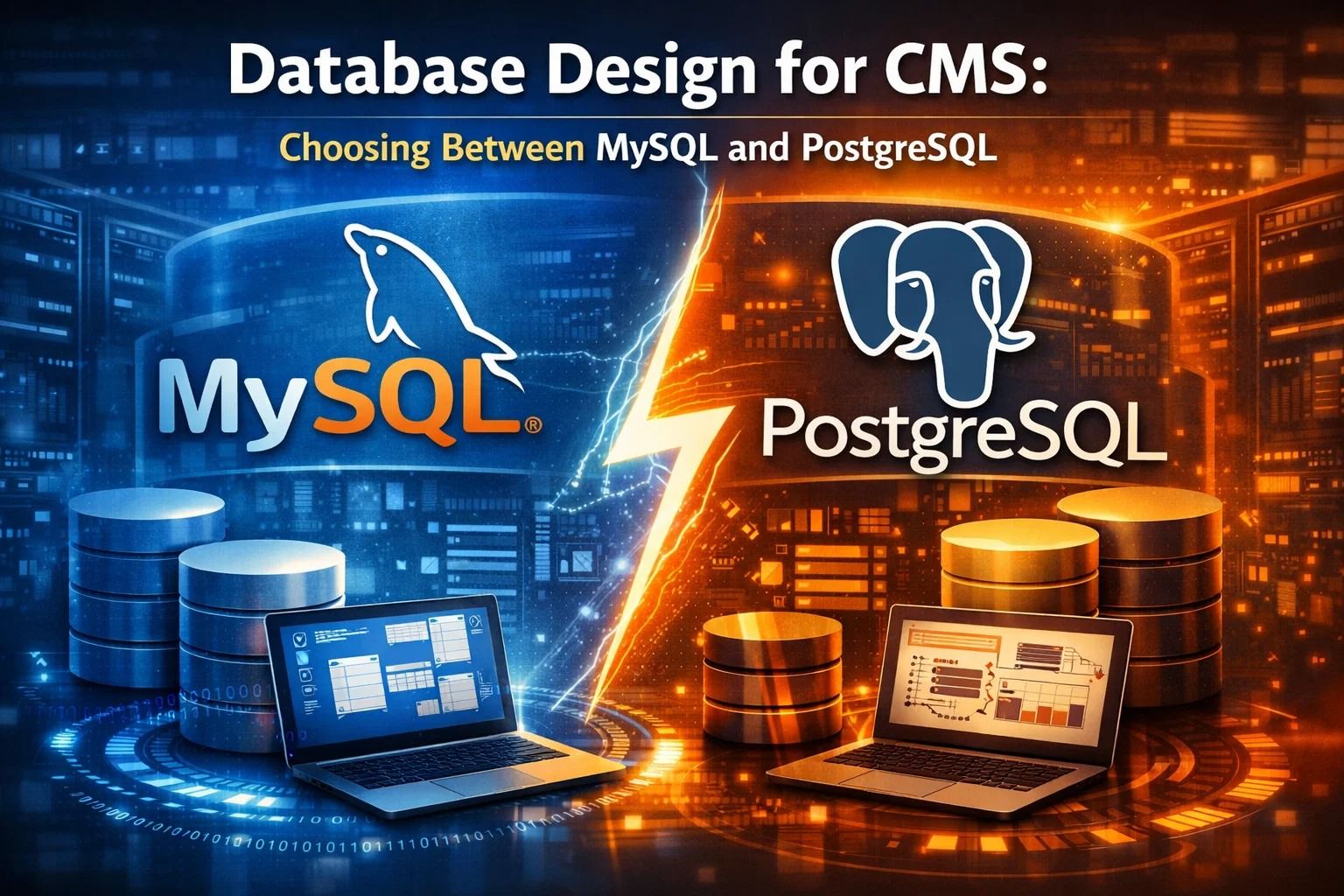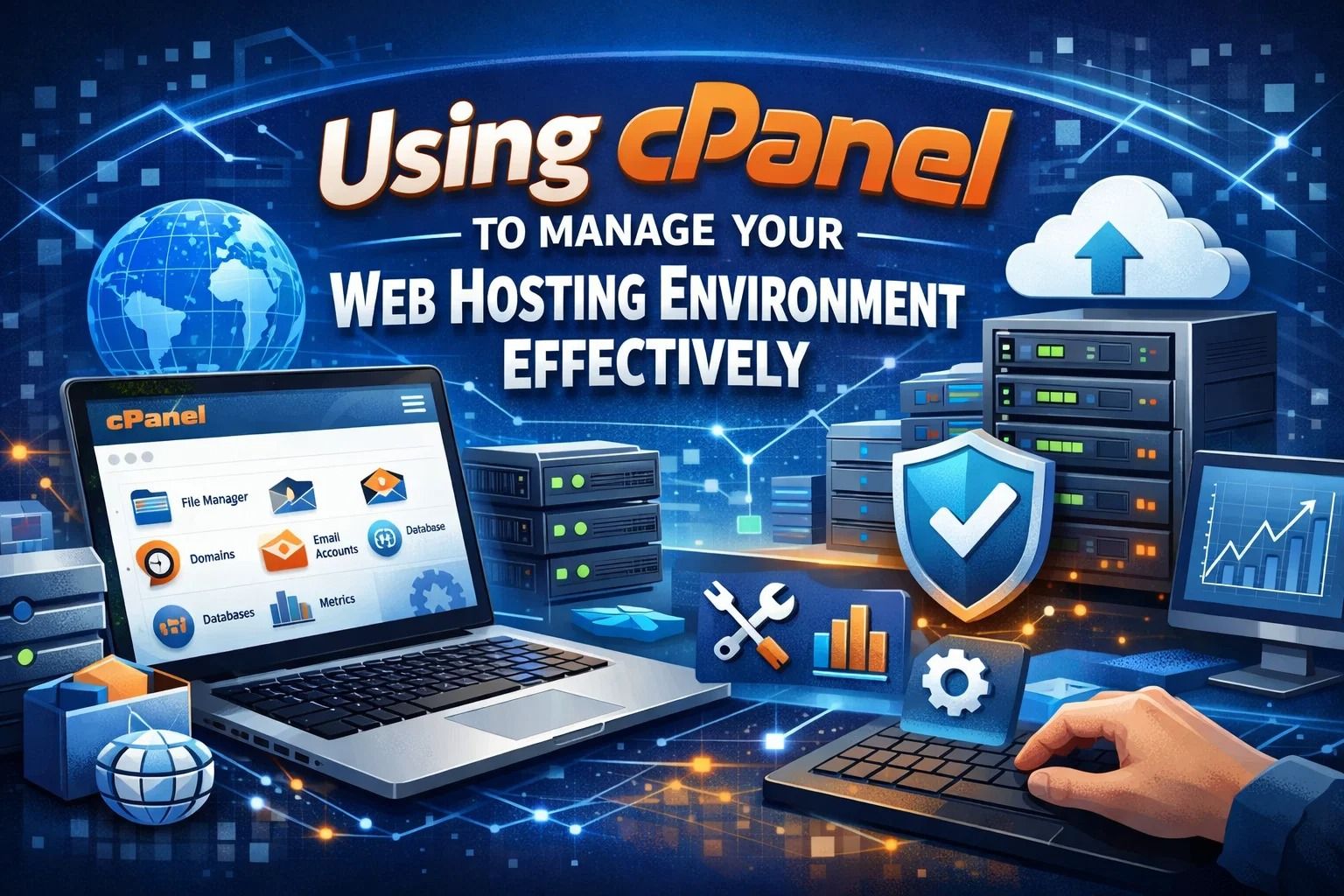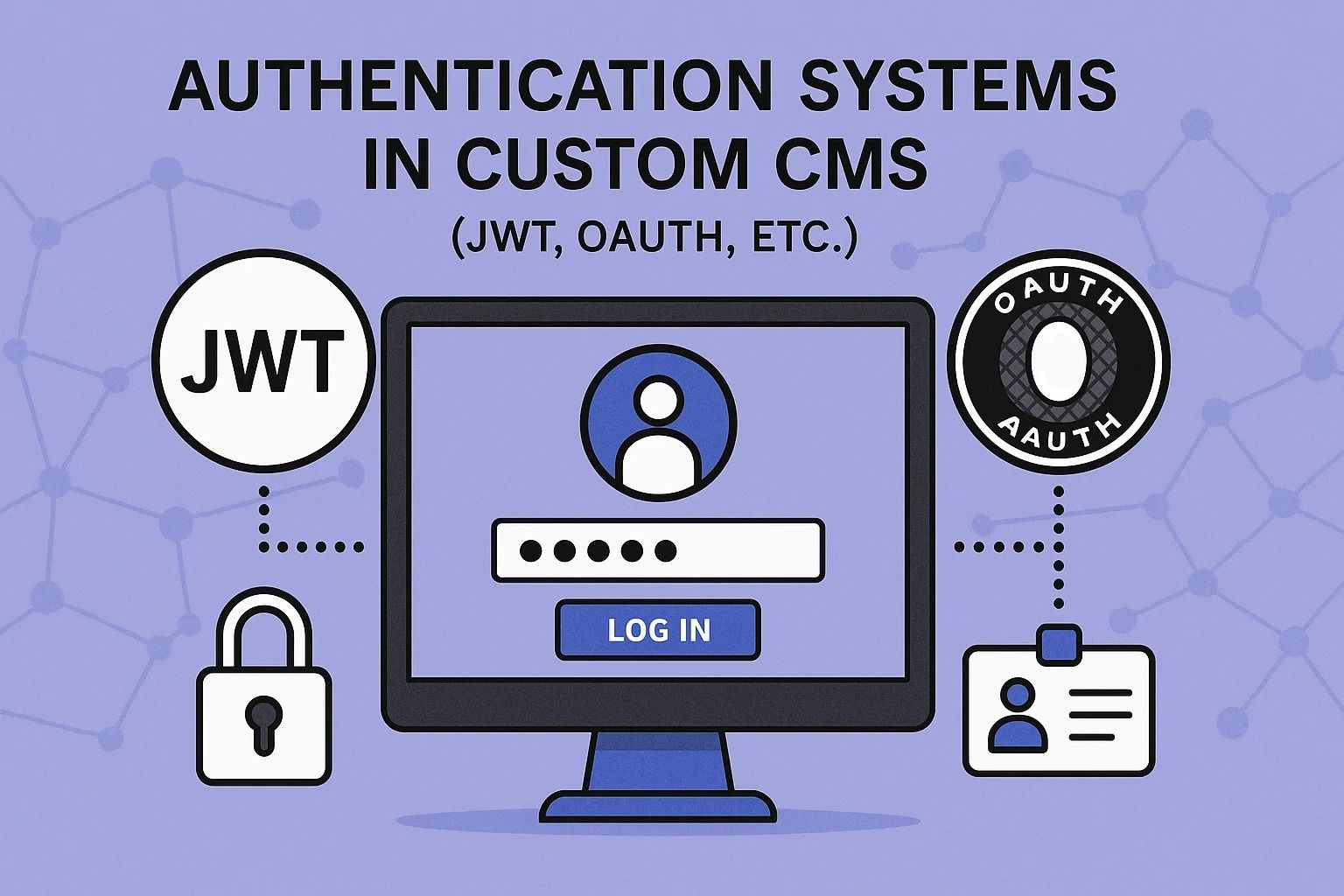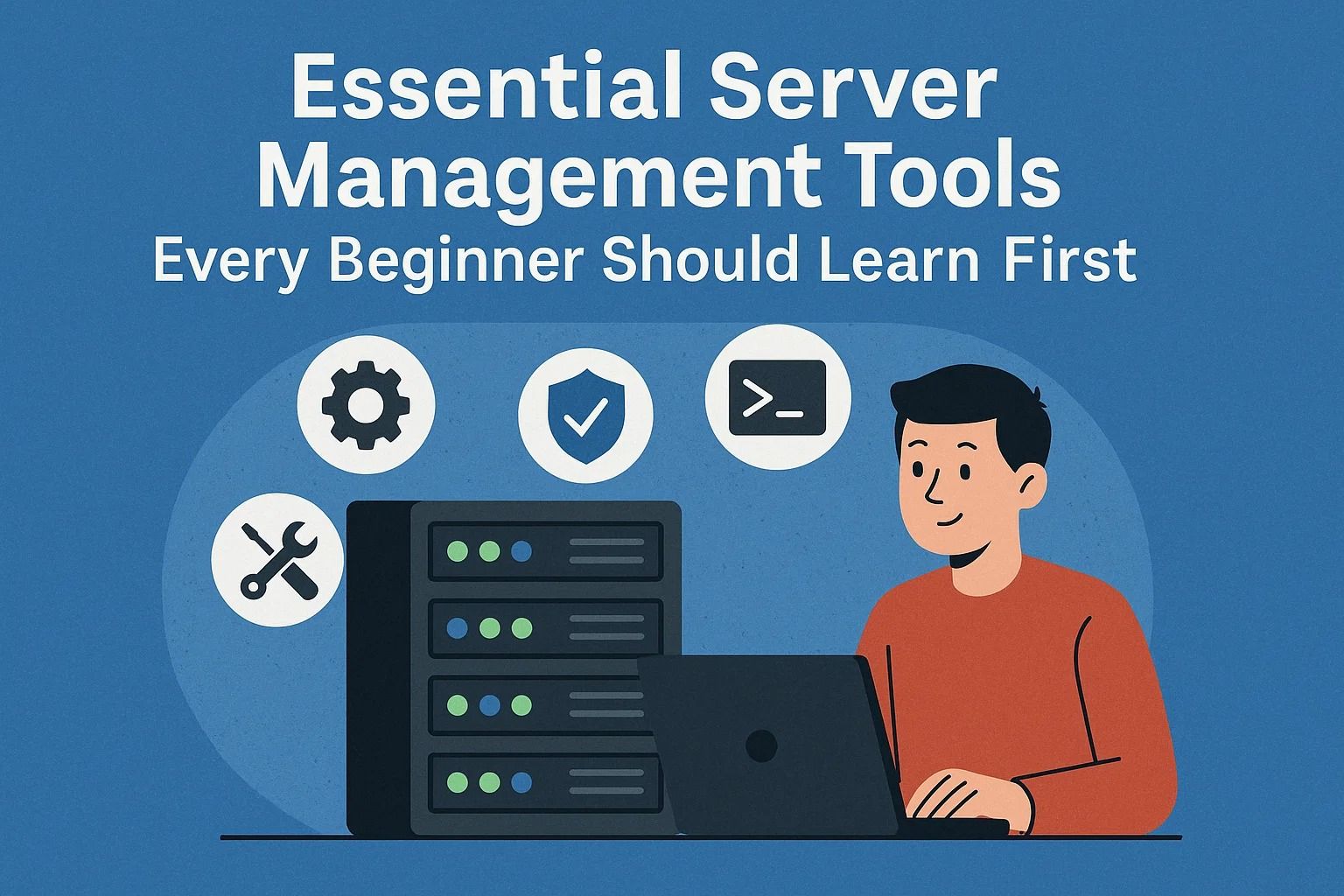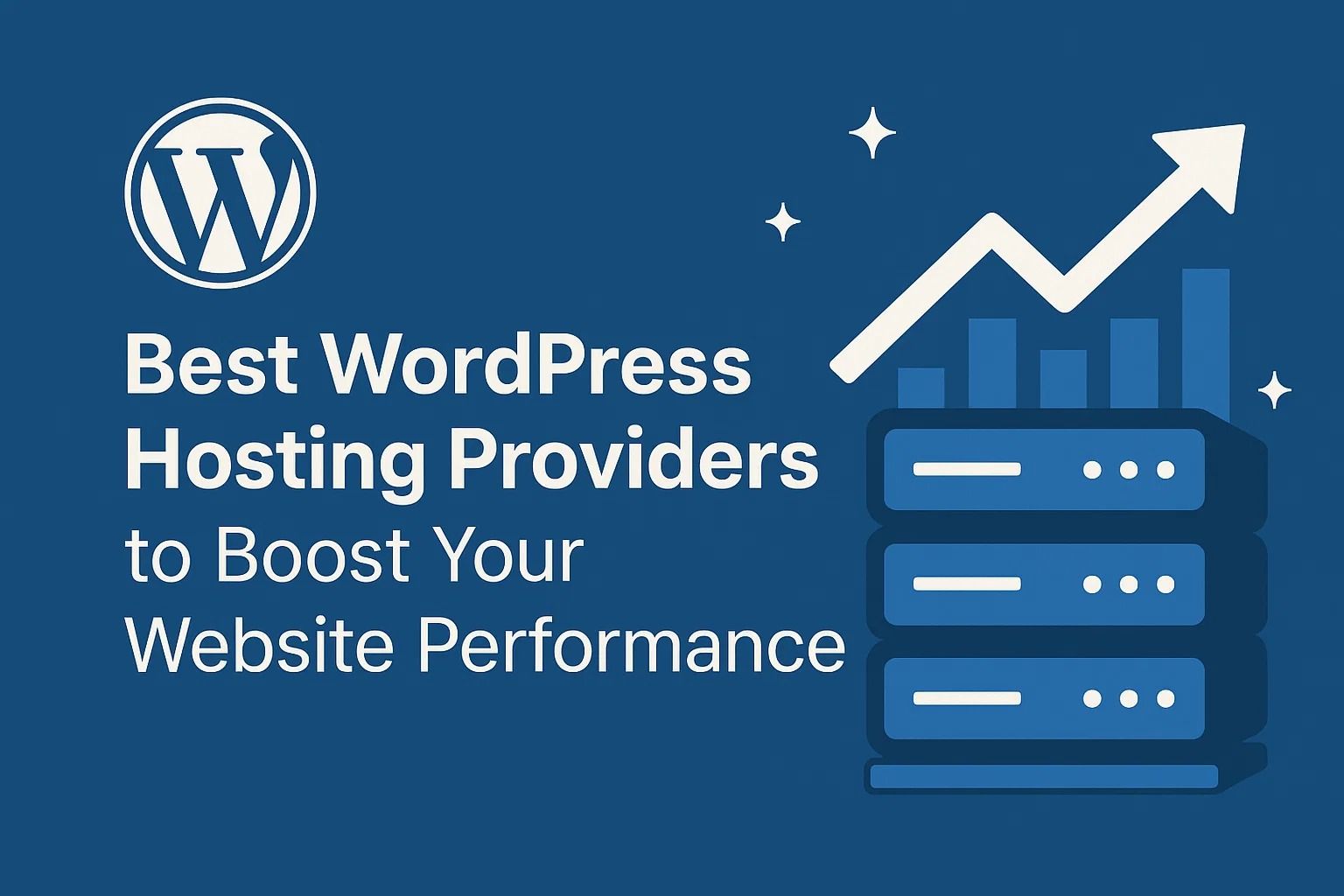
Best WordPress Hosting Providers to Boost Your Website Performance
Understanding What Makes a Good WordPress Host
When you’re running a WordPress site, whether it’s a personal blog or a large eCommerce platform, your hosting provider directly impacts speed, uptime, and user experience. Choosing the right host isn’t just about price — it’s about the overall quality of service, scalability, and support that can help your business grow. In this article, we’ll explore what separates the best WordPress hosting providers from the rest, and which platforms are truly worth your investment.
Why Specialized WordPress Hosting Matters
Unlike generic web hosting, WordPress-optimized hosting is fine-tuned specifically for the world’s most popular content management system. These servers use caching layers, PHP optimization, and database configurations designed for WordPress, resulting in faster load times and fewer technical issues.
Another major benefit is the built-in security that many providers offer. Since WordPress is an open-source platform, it’s also a common target for hackers. Managed WordPress hosts automatically handle updates, malware scans, and daily backups, giving you peace of mind.
Types of WordPress Hosting
- Shared Hosting: Ideal for small websites and beginners. You share server resources with other users, making it affordable but less powerful.
- VPS Hosting: A virtual private server gives you dedicated resources within a shared environment — great for growing websites.
- Dedicated Hosting: Offers maximum performance and control. You get your own physical server, but it comes at a higher price point.
- Managed WordPress Hosting: Designed for convenience — the host handles updates, security, and performance tuning.
- Cloud Hosting: Flexible and scalable infrastructure where your site can easily handle traffic spikes without downtime.
Performance Metrics to Look For
When evaluating hosting providers, focus on three key performance metrics: uptime, speed, and scalability. Uptime guarantees should be 99.9% or higher, ensuring your site stays accessible. Speed depends on server location, caching technology, and CDN availability. Scalability ensures your site can handle traffic growth without interruptions.
Security and Backups
Security should never be an afterthought. The best WordPress hosts provide SSL certificates, firewalls, malware scanning, and automatic backups. For example, some hosts keep up to 30 days of backups, allowing quick restoration in case of a hack or data loss. Others integrate with external tools like Cloudflare to provide DDoS protection and caching.
Customer Support and Technical Assistance
One of the most overlooked factors is customer support. WordPress hosting can become complex when your website scales, so access to 24/7 live chat or ticket-based support is crucial. Premium hosts employ WordPress experts who can help with plugin conflicts, performance tuning, and security issues — saving you valuable time.
Did You Know?
According to industry studies, websites hosted on optimized WordPress servers can load up to 40% faster than on generic hosting. That’s a major advantage in SEO and user experience.
Cost vs. Value
Many beginners make the mistake of choosing the cheapest host they find. While low-cost plans look attractive, they often come with limited storage, weak performance, and minimal support. On the other hand, premium managed hosting may seem expensive but usually includes everything from daily backups to staging environments and CDN integration. It’s about finding balance between affordability and reliability.
Want to understand the differences between hosting models? Check out our guide on Hosting vs VPS: Key Differences Explained for deeper insights into how each plan affects performance and scalability.
When to Upgrade Your Hosting Plan
As your site grows, you’ll likely need to upgrade to a more powerful hosting option. Slow load times, frequent downtime, or “resource limit reached” messages are all signs you’ve outgrown your plan. Most providers make it easy to scale up to VPS, managed, or cloud solutions without losing data or experiencing downtime during migration.
Evaluating Reliability and Transparency
Finally, always check the provider’s reputation. Look for real customer reviews, uptime monitoring data, and SLA (Service Level Agreement) details. Reliable hosts are transparent about server locations, performance statistics, and support response times. The best ones even publish independent performance audits.
In the next part, we’ll review some of the top WordPress hosting providers on the market, including their strengths, weaknesses, and pricing models, to help you make the most informed choice possible.
Comparing the Top WordPress Hosting Providers
When choosing the best WordPress hosting provider, performance, uptime, and customer support are the pillars of reliability. However, each hosting company offers distinct advantages depending on your website’s needs, traffic volume, and technical expertise. Let’s take a closer look at the most popular choices among professionals and beginners alike.
1. Bluehost
Bluehost is officially recommended by WordPress.org and known for its balance of affordability and performance. It provides a user-friendly control panel, automatic WordPress installation, and 24/7 customer support. Hosting plans start at a few dollars per month, making it ideal for small business websites and blogs.
2. SiteGround
SiteGround is famous for exceptional uptime (99.99%) and fast server response times. Its hosting infrastructure is built on Google Cloud, ensuring top-tier stability. The custom SG Optimizer plugin significantly improves WordPress performance through built-in caching and image optimization tools.
3. Hostinger
Hostinger has rapidly become a go-to provider for budget-conscious users without compromising quality. Its control panel is intuitive, and servers are optimized for WordPress using LiteSpeed technology. This combination ensures quick load times, even for high-traffic sites.
4. WP Engine
For larger or more complex websites, WP Engine delivers enterprise-grade managed WordPress hosting. It focuses on security, automatic updates, and performance monitoring. While the pricing is higher, the value for professional developers and agencies is unmatched.
Need help choosing between shared and VPS hosting? Check out our guide: Hosting vs. VPS: Key Differences Explained.
When comparing these providers, consider features such as:
- Server location and CDN integration
- Backup frequency and recovery options
- Staging environments for development
- Included SSL certificates and domain management
Performance metrics, like Time to First Byte (TTFB) and overall site speed, should also be compared, as they directly influence both user experience and SEO. Hostinger and SiteGround often rank among the fastest, while WP Engine provides the most robust professional toolkit.
In the next part, we’ll dive into performance testing, pricing breakdowns, and which provider suits different use cases best — from personal blogs to e-commerce stores.
Final Comparison: Performance, Pricing, and Best Use Cases
Choosing the best WordPress hosting provider ultimately depends on what kind of project you’re running. Whether it’s a personal blog, a business website, or a growing eCommerce store — the right hosting choice can directly influence your success. Let’s break down how each provider performs under real-world conditions and which one offers the best long-term value.
Performance Benchmarks
- Bluehost: Average load time around 1.2s, reliable for small to mid-size sites.
- SiteGround: Consistent speed under 1s, thanks to advanced caching and Google Cloud servers.
- Hostinger: Uses LiteSpeed servers for high performance with minimal cost.
- WP Engine: Premium infrastructure with industry-leading uptime and developer tools.
Pricing Overview
| Provider | Starting Price | Best For |
|---|---|---|
| Bluehost | $2.95/mo | Beginners & Small Blogs |
| SiteGround | $3.99/mo | Professional Websites |
| Hostinger | $1.99/mo | Budget Projects |
| WP Engine | $20.00/mo | Agencies & Enterprises |
When it comes to scaling, WP Engine leads the way with high-end managed features, while Hostinger offers unbeatable entry-level pricing. SiteGround provides a balance of power and usability, and Bluehost remains the most beginner-friendly option for those just starting with WordPress.
Pro tip: Before choosing a plan, review long-term renewal rates — some hosts double or triple after the first term. Always check small print for pricing transparency.
Another vital aspect is support quality. SiteGround and WP Engine offer instant chat and advanced technical assistance, while Bluehost and Hostinger maintain fast ticket response systems. Remember, 24/7 support can be crucial when your website is your business.
Finally, don’t underestimate security and backups. Most top-tier hosts include automatic daily backups, free SSL, and malware scanning. WP Engine takes it further with real-time threat detection and DDoS protection, ideal for mission-critical projects.
In conclusion, if you’re looking for an affordable yet fast WordPress hosting service, Hostinger or Bluehost are excellent starting points. For developers and agencies prioritizing reliability and scalability, SiteGround and WP Engine are the top-tier solutions in 2025.
Want to learn how to optimize your WordPress site for speed? Read our detailed guide: Shared Hosting Explained: Pros, Cons, and When It’s the Wrong Choice.
Whichever provider you choose, prioritize speed, uptime, and transparency. A well-chosen hosting platform not only boosts performance but also ensures a seamless experience for your visitors — the foundation of a successful WordPress site.






